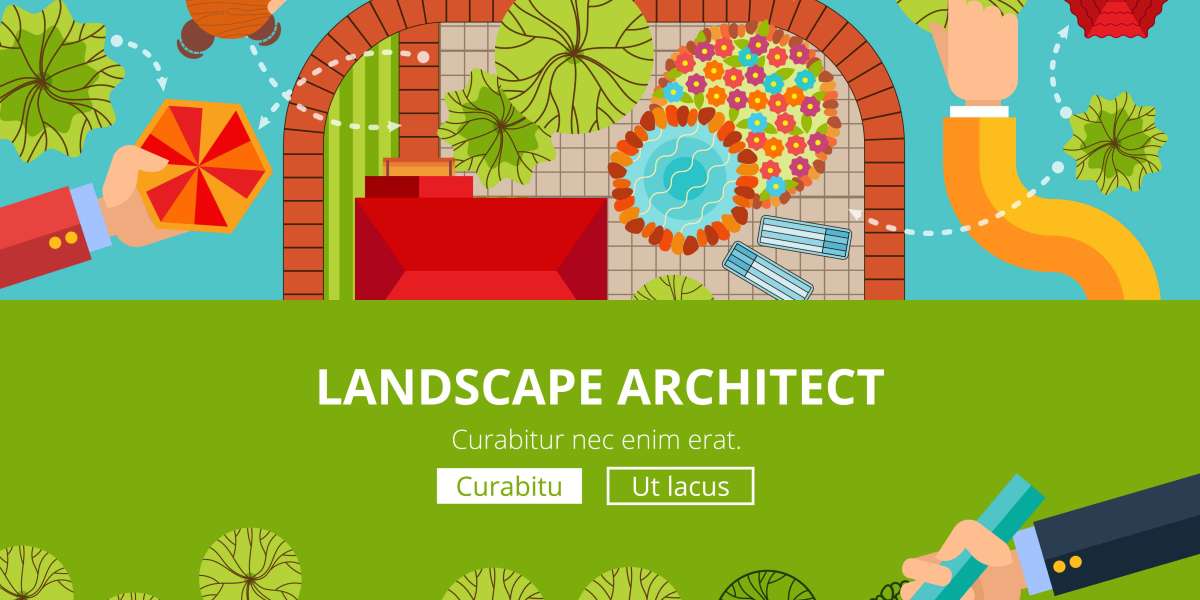Introduction
In our quest for a sustainable future, sowing seeds emerges as a fundamental practice that can lead us toward environmental balance and resilience. By understanding the importance of sowing seeds and implementing it in various aspects of our lives, we can make significant strides towards sustainability. This article explores the multifaceted role of sowing seeds and its potential to foster a greener, more sustainable world.
Sowing Seeds for Sustainable Agriculture
Sowing seeds is central to sustainable agriculture practices such as organic farming and seed saving. Organic farmers sow seeds of non-genetically modified organisms (GMOs) and avoid the use of synthetic chemicals, promoting soil health, biodiversity, and ecosystem balance. Additionally, seed saving involves collecting and sowing seeds from open-pollinated plants, preserving traditional varieties, and reducing reliance on commercially produced seeds. This practice empowers farmers and ensures the availability of diverse seed stock for future generations.
Permaculture and Agroecology
Sowing seeds is a core principle in permaculture and agroecology, which aims to design sustainable and self-sufficient systems. These approaches emphasize the integration of diverse plants and animals, utilizing companion planting and beneficial insect attraction. By sowing a variety of seeds, individuals can create synergistic relationships within ecosystems, enhance nutrient cycling, and minimize the need for external inputs. This promotes ecological balance, resilience, and long-term sustainability.
Sowing Seeds for Sustainable Landscaping
Native Plants and Water Conservation
Sowing seeds of native plants in landscaping projects offers numerous benefits for sustainability. Native plants are adapted to local climates and require less water, fertilizer, and maintenance compared to exotic species. By sowing seeds of native wildflowers, grasses, and shrubs, individuals can create resilient and water-efficient landscapes that support local wildlife, conserve resources, and minimize their ecological footprint.
Urban Rooftop Gardens and Vertical Farming
Sowing seeds in urban settings through rooftop gardens and vertical farming is a growing trend that maximizes limited space and promotes sustainable food production. By utilizing innovative techniques such as hydroponics and aeroponics, individuals can sow seeds in vertical structures, transforming buildings into green spaces that produce fresh, locally grown food. This practice reduces transportation emissions, promotes urban food self-sufficiency, and enhances urban aesthetics.
Conclusion
Sowing seeds is a powerful practice that can propel us toward a sustainable future. Whether in agriculture, landscaping, or urban environments, sowing seeds allows us to embrace sustainable practices, conserve resources, and foster ecological balance. By recognizing the significance of sowing seeds and incorporating it into our daily lives, we can sow the seeds of sustainability and cultivate a brighter, greener tomorrow for ourselves and future generations. Through sustainable agriculture, seed saving, permaculture, and agroecology, we can sow the seeds of resilience and nourishment. By sowing native plants, implementing water-conserving techniques, and embracing urban farming, we can transform our landscapes into sustainable havens. The act of sowing seeds becomes a catalyst for change, empowering us to live in harmony with nature and create a world where sustainability thrives.





